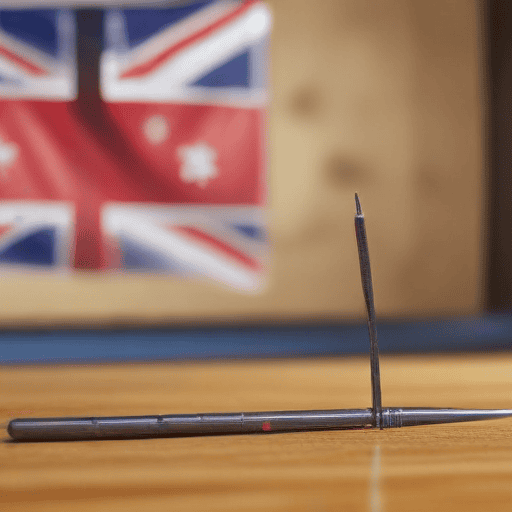In the past four decades, Fiji has witnessed a significant rise in stroke incidence, emphasizing the urgent need for enhanced efforts to mitigate stroke risks. Alarmingly, strokes are now affecting younger individuals, with the youngest reported case in Fiji being a mere 12 years old. The increasing occurrence of strokes is attributed to several factors, including unhealthy dietary habits, work-life imbalances, and sedentary lifestyles.
Globally, it is estimated that one in five individuals will suffer a stroke during their lifetime, and a staggering 81% of cardiovascular disease patients will also experience a stroke. This condition represents not only a leading cause of death and disability worldwide but poses a critical public health challenge in Fiji.
Traditional Chinese Medicine (TCM) acupuncture has emerged as a promising alternative for stroke treatment and rehabilitation. Stroke occurs when blood vessels in the brain become blocked or rupture, depriving brain tissue of oxygen and leading to significant long-term disabilities, such as paralysis, speech difficulties, and challenges with swallowing. These complications can place considerable physical and emotional strain on patients and their families.
The recent rise in stroke cases in Fiji reflects the adverse effects of stress and unhealthy living. Vuda TCM Clinic utilizes a combination of traditional acupuncture methods and insights from modern medicine to aid patients in alleviating their symptoms and improving their overall quality of life.
Acupuncture has been practiced for thousands of years and works through various mechanisms, including enhancing blood circulation to the brain, restoring balance in the body’s energy pathways, and stimulating the nervous system’s repair functions. Recognized for its safety and minimal side effects, acupuncture is becoming a trusted option in stroke rehabilitation.
At Vuda Traditional Chinese Medicine Clinic, Dr. Pai has developed a unique “Three-Phase Integrated Acupuncture Therapy,” offering tailored treatment plans for different stages of stroke recovery. The phases include:
– Acute phase: Focusing on alerting the brain and controlling disease progression.
– Recovery phase: Using scalp and neck acupuncture to support the restoration of speech, swallowing, and motor functions.
– Sequela phase: Further improving patients’ quality of life by addressing long-term impairments.
A case study highlighting the effectiveness of this approach involved a 40-year-old stroke patient who initially suffered from right-side paralysis, an inability to swallow, and loss of speech. After two months of treatment, the patient notably regained the ability to stand, swallow, and communicate.
While acupuncture offers considerable benefits for those recovering from strokes, prevention plays a crucial role. Maintaining a healthy lifestyle—characterized by a balanced diet, regular exercise, and effective stress management—is essential in reducing the risk of stroke. To combat the rise of this condition, Fiji must prioritize public health education, encouraging individuals to adopt healthier habits and seek early treatment options.
Vuda Traditional Chinese Medicine Clinic invites patients to consider the transformative potential of acupuncture and to pursue treatment early, particularly within the first three months post-stroke, to achieve the best outcomes.
Encouraging proactive measures within the community can ultimately lead to a healthier population, better equipped to avoid the severe burdens of stroke.
For those seeking consultations or appointments, Vuda TCM Clinic can be reached at:
– Address: Lot 20, Valetia Street, Lautoka
– Phone: 8002727 / 7251314
– Email: vudatcm.clinic@gmail.com

Leave a comment